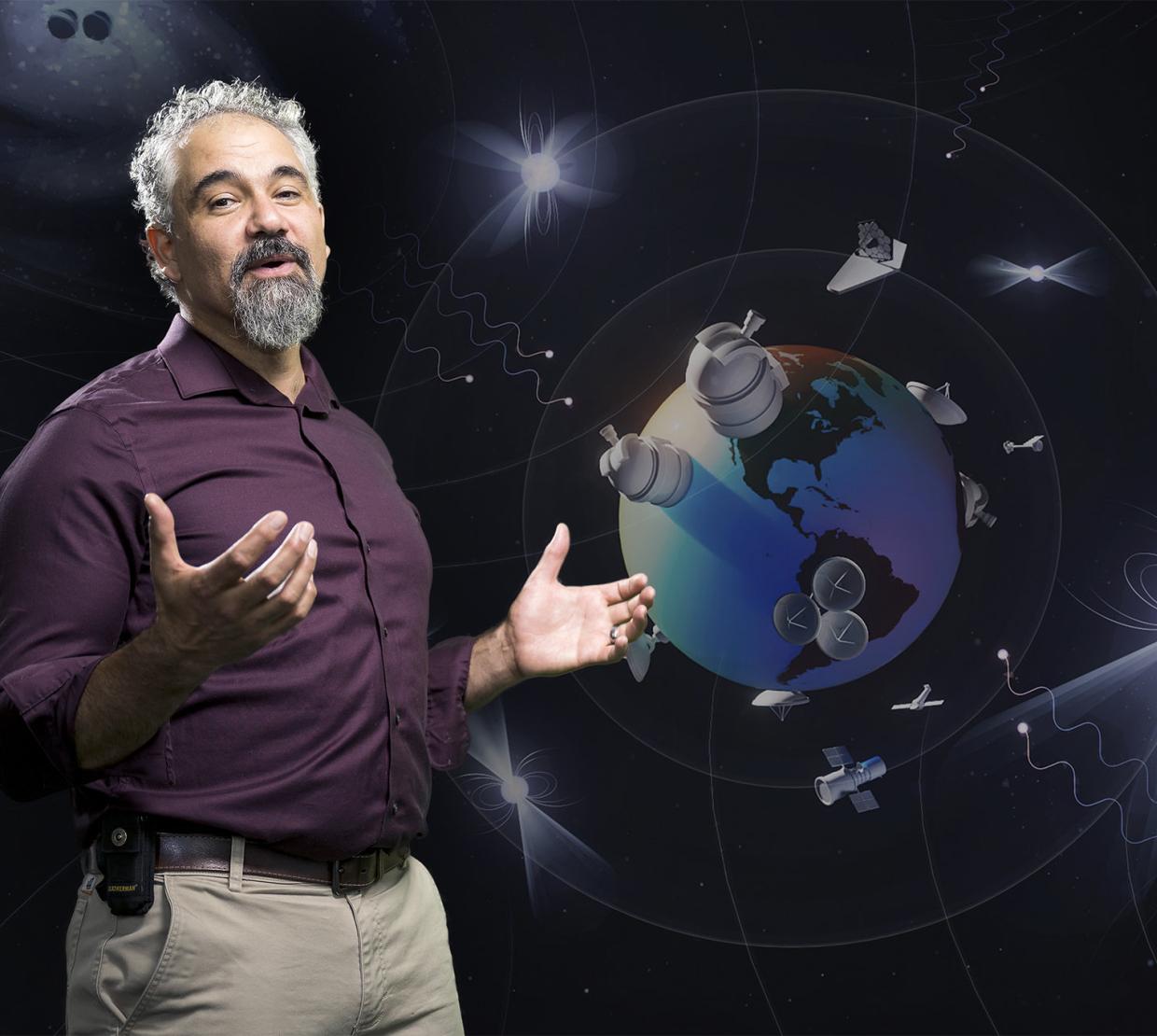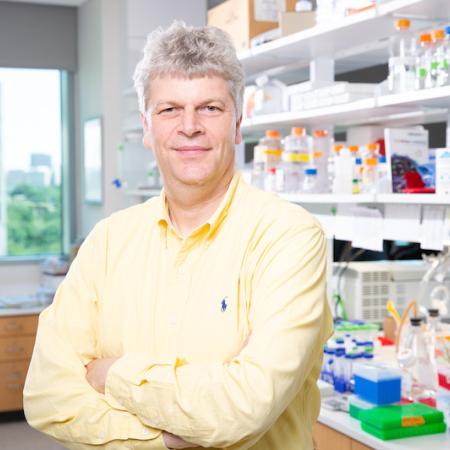The discovery related to gravitational waves which made international headlines earlier this year and was predicted by Albert Einstein more than a century ago will be the topic of Oregon State University’s Science Pub on Dec. 6.
Jeff Hazboun, an astrophysicist in the College of Science and one of the researchers who led the project that resulted in the gravitational wave astronomy breakthrough, will talk about the discovery and future directions for the research at 6 p.m. Dec. 6 at the Old World Deli in Corvallis. It can be viewed in person or online.
In June, Hazboun and a team of nearly 200 astrophysicists from around the world published four papers that outlined evidence of a chorus of low frequency gravitational waves, which are ripples in the fabric of time-space whose oscillations are measured in years and decades. Detecting a chorus of gravitational waves, as the researchers did, is a key to unlocking the mysteries of how structures are formed in the cosmos, Hazboun said.
Gravitational waves were first observed in 2015. That discovery was a milestone event in physics and astronomy. It confirmed one of the main predictions of Einstein’s theory of relativity and earned a Nobel Prize in Physics for the scientists who made the discovery.
Registration is required to attend Science Pubs. Here are links to register for the event in person or online.
The Old World Deli is located at 341 SW 2nd St., Corvallis.
Sponsors of Science Pub include the Oregon Museum of Science and Industry, Old World Deli, Oregon State’s Research Office and Oregon State University.




